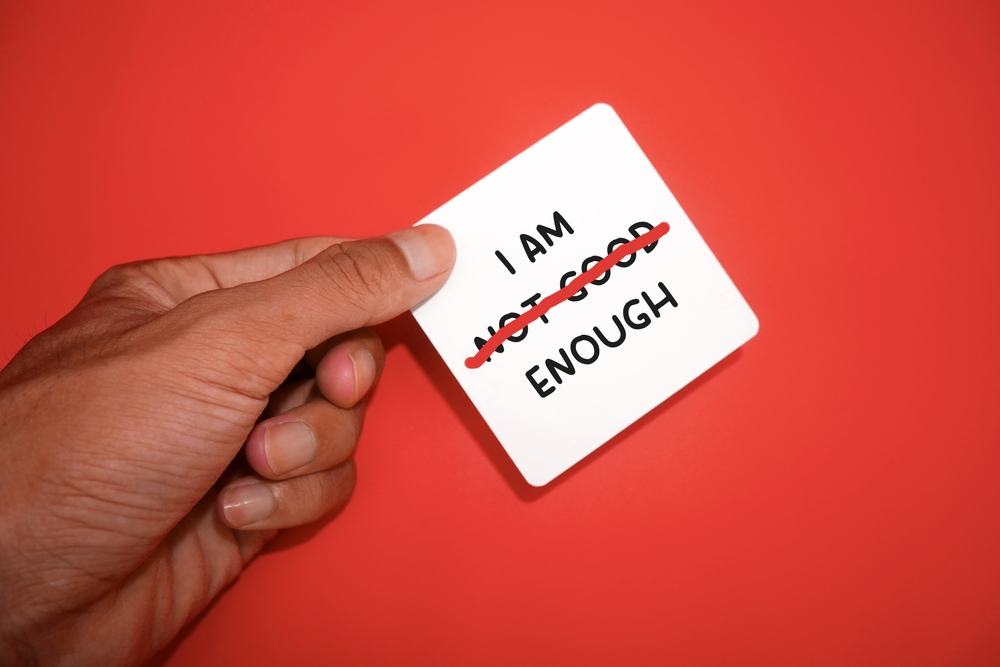Many people eat one or even two meals at work every day, not to mention morning and afternoon snacks. If you struggle with anxiety, bulimia, or other forms of eating disorders, you may feel like your coworkers are enabling your eating disorder, or that stress is triggering your compulsive behavior. Here is what you can do to take control of your eating habits at work.
Is Work Stress Triggering Your Eating Disorder?
Many adults suffer from eating disorders either because their poor eating habits were not diagnosed and treated earlier in life, were diagnosed but continue to struggle with their condition, or because they face new stress and traumatic events as adults. Since eating disorders do not generally interfere with your ability to do your job, it might not occur to you that the reverse may not be true. Your work stress may actually be making your eating disorder worse.
Get Help with Eating Disorders
Talk to a psychotherapist today about how to address coworkers enabling your compulsive eating habits.
Eating disorders and body insecurity are often compulsive behaviors caused or aggravated by high-stress situations. Depending on the person, it may take the form of compulsive dieting and anorexia, shame-induced purging in bulimia, or binge eating. While the fear, anxiety, and shame of eating disorders generally center around the food itself, they can be triggered by stress in your environment – including at work. If you struggle with an eating disorder, a looming deadline, upcoming performance review, or conflict between coworkers could cause you to fall back on poor eating habits and give in to compulsive behaviors related to food.
Are Your Coworkers Enabling Your Poor Eating Habits?
Many workplaces have “healthy eating” initiatives and group diets periodically throughout the year. Your workplace may even offer a gym, fitness classes, or other incentives toward healthy living. This is usually a good thing. But if you struggle with an eating disorder, having your coworkers encourage you to diet, restrict your eating, or take on more exercise could be working against you. Often those with anorexia experience body shame which causes them to take dieting and exercise to unhealthy extremes. Because your coworkers likely do not know about your history with food, they could be enabling your unhealthy relationship with your body without even knowing it.
At the same time, many workplaces celebrate events like birthdays and work anniversaries with food. Coworkers may bring in sugary treats for any number of special occasions, or just because they wanted to bake something. And then there’s the annual holiday parties and employee retreats, which usually involve a lot of food, and sometimes alcohol. If you struggle with bulimia or binge eating, or if you are in recovery for alcohol dependency, your coworkers’ encouragement to join in these celebrations could be enabling unhealthy eating habits. You may feel pressured to participate even if you know that one drink – or one cookie – will not satisfy your compulsive thoughts.
How to Ask Coworkers to Support Your Eating Disorder Recovery
The best way to keep coworkers from enabling your eating disorder is to be transparent with them about it. Usually, the pressure you feel from coworkers related to your eating disorder is unintentional, and even well-intentioned. Unless your coworkers know you struggle with eating or dieting, they won’t know to respect your boundaries around food or exercise. Be clear. Rather than just politely declining that slice of cake or saying “I’m on a diet,” consider explaining that you have to be careful with your eating habits or it could negatively affect your health. Find a coworker or superior you can trust and let them know about your eating disorder. Ask them to help you mange the stress you feel at work and remove triggers that could cause you trouble.
If your coworkers express a desire to help you, encourage them to:
- Listen when someone, including you, expresses thoughts or emotions around the food at work.
- Never pressure a coworker to participate in a group diet or exercise plan.
- Avoid discussing body appearance or weight around you (even positive statements)
- Choose ice-breaker topics other than food.
- Avoid comparing dieting or weight loss routines to eating disorders.
- Understand that eating disorders are mental health issues, and that you may experience significant guilt or shame when food or exercise comes up. This is not their fault, or yours.
- Schedule important, high-stress conversations and meetings away from the lunch hour. Working lunches can be difficult for people with eating disorders.
- Plan group activities and events rather than meals for team building.
- When group meals do happen, ask you to participate in choosing the location or menu.
- Reconsider biases around different body types and weight gain.
- Make fun and healthy foods available at work.
Struggling with an eating disorder is often a difficult and lonely thing to do. But you don’t have to do it alone. By inviting your coworkers to understand your eating disorder, and what triggers it, you can get the support you need to maintain the healthy eating habits and boundaries you have established at work.
David Stanislaw is a psychotherapist with over 30 years of experience. He helps adults, teens, and children with eating disorders, compulsive dieting and other psychological issues. Contact David Stanislaw to get help today.

 Are Childhood Family Patterns Affecting Your Marriage?
Are Childhood Family Patterns Affecting Your Marriage? 7 Ways Therapy Can Make You a Better Parent
7 Ways Therapy Can Make You a Better Parent Are Self-Destructive Behaviors Hurting You at Work?
Are Self-Destructive Behaviors Hurting You at Work?